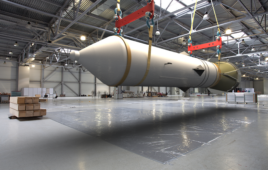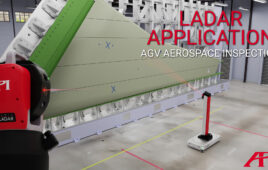A new theoretical study suggests that life on Earth arose early on the cosmic timeline—implying that the advanced civilization we’re always probing the galaxy for is actually us.
I know. Mind blown.
“The main result of our research is that life seems to be more likely in the future than it is now,” author Dr. Rafael Alves Batista of Oxford’s Department of Physics said. “That doesn’t necessarily mean we are currently alone, and it is important to note that our numbers are relative: one civilization now and 1,000 in the future is equivalent to 1,000 now and 1,000,000 in the future.”
Led by Professor Avi Loeb of Harvard University, the paper, published in the Journal of Cosmology and Astroparticle Physics, suggests that the necessary elements for life (carbon and oxygen, for example) took tens of millions of years to develop following the Big Bang. So while Earth may have been first to arrive on the cosmic scene, other (albeit, hypothetical) forms of life on other developing exoplanets were probably not so lucky.
“Given this knowledge, the question is therefore why we find ourselves living now rather than in the future. Our results depend on the lifetime of stars, which in turn depend on their mass—the larger the star, the shorter its lifespan.”
The team came up with an equation that integrates the number of habitable planets around stars, the number of stars in the universe at a given time, and the stars’ lifespan, birthrate, and mass. Taking what they know about Earth, the researchers also folded in the time it takes for life to evolve on a planet—a variable that limits which stars are capable of hosting life.
“So unless there are hazards associated with low-mass red dwarf stars that prevent life springing up around them—such as high levels of radiation—then a typical civilization would likely find itself living at some point in the future. We may be too early.”
That being said, the messages contained in the two Voyager probes currently cruising along the interstellar highways with information about our planet may fall on deaf ears—for a while, at least. Until the rest of the universe catches up.
The quest to figure out if we are indeed alone in the universe continues, as well as an answer to the question: why are we now?
Filed Under: Aerospace + defense




